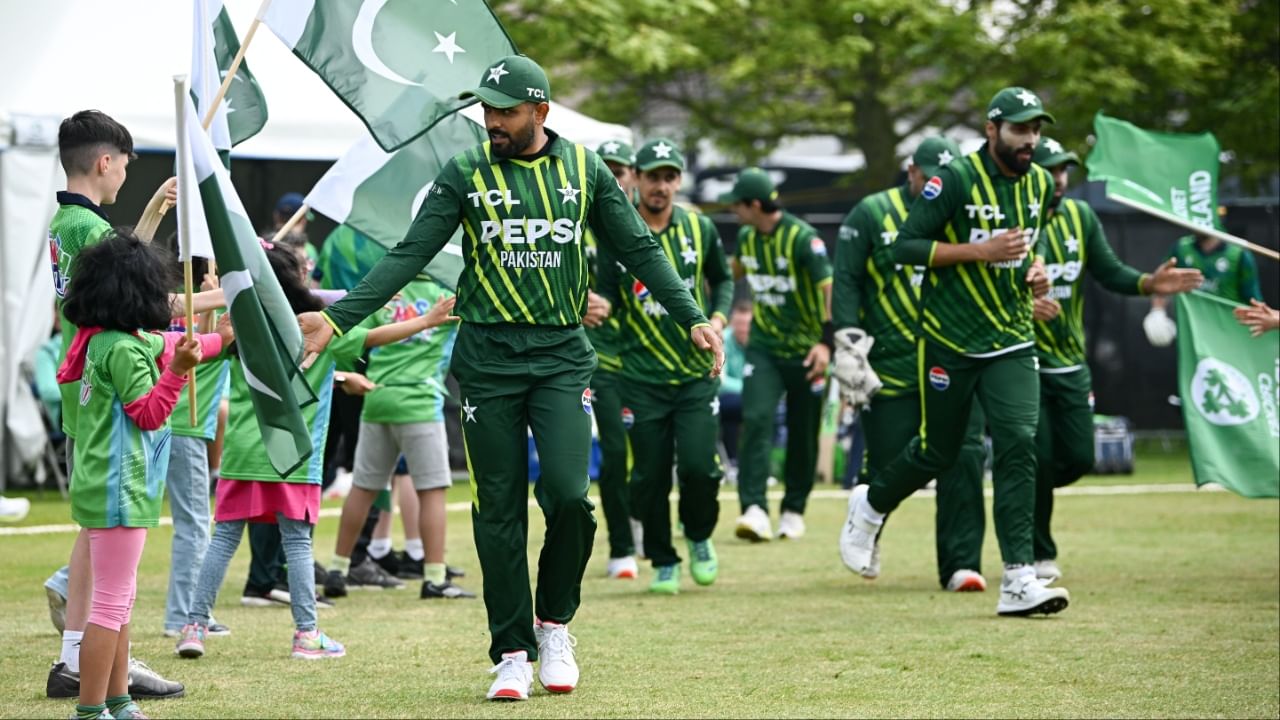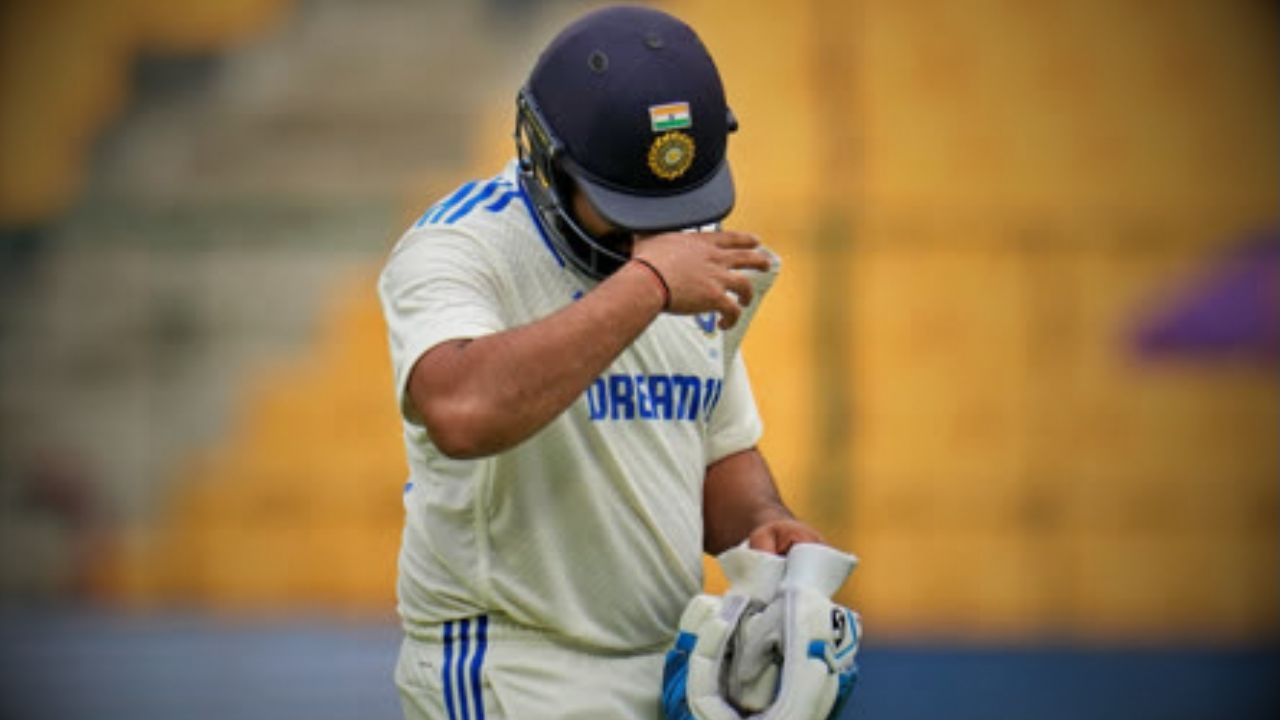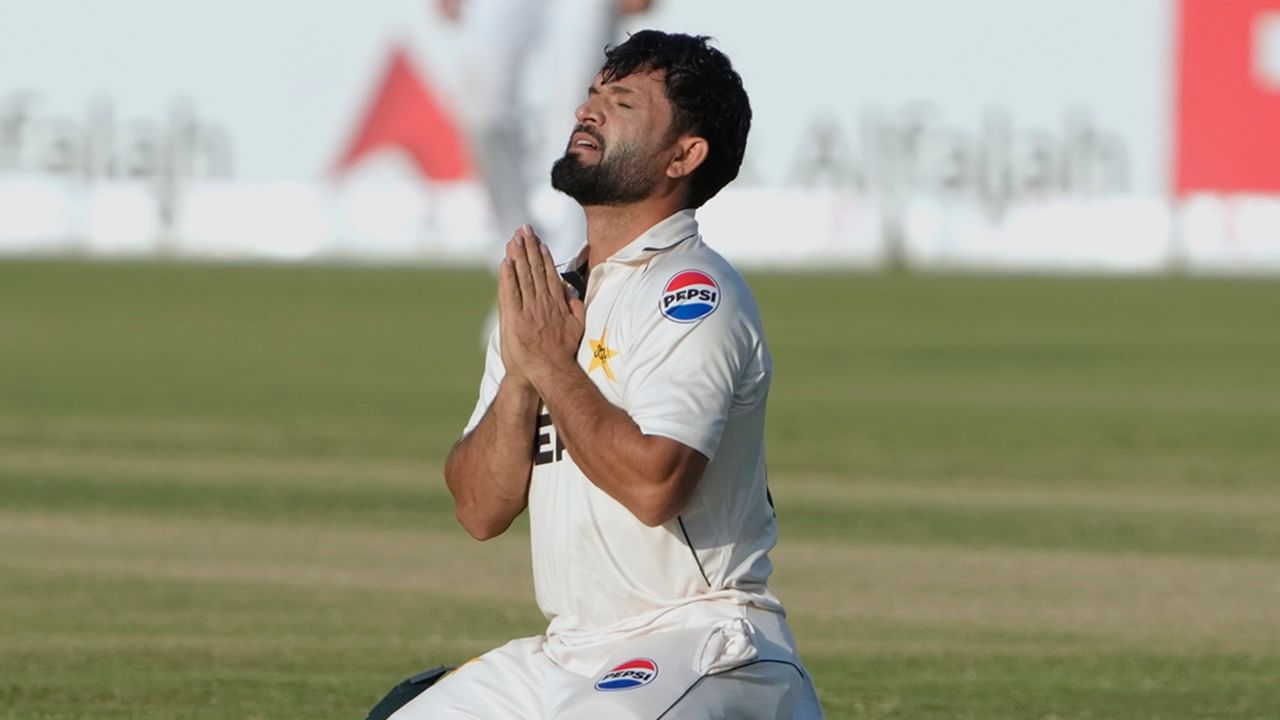Babar Azam’s recent resignation from the captaincy of Pakistan’s ODI and T20 teams has left the Pakistan Cricket Board (PCB) in a state of uncertainty. This significant change raises an important question: Who will step into the captaincy role now? The PCB is reportedly considering three key players who not only possess experience but also have led teams at various levels, including international cricket. The three candidates under consideration are Shaheen Shah Afridi, Shadab Khan, and Mohammad Rizwan, each bringing unique strengths to the table.
Speculation on Pakistan’s Next White Ball Captain
As the PCB deliberates on its next move, it is crucial to make a decision swiftly, especially with upcoming fixtures against formidable teams like Australia, South Africa, and Zimbabwe on the horizon, as well as hosting the upcoming Champions Trophy. Selecting a captain who can inspire the team and strategize effectively is paramount. Let’s delve into why Shaheen, Shadab, and Rizwan are strong contenders to take over the captaincy from Babar Azam.
Shaheen Shah Afridi: A Promising Leader
Shaheen Shah Afridi has garnered attention and mixed results during his brief captaincy stint. He captained Pakistan in five T20 matches, securing just one victory while facing four defeats. While these statistics suggest limited success, it’s essential to consider the context: Afridi did not have many opportunities to establish himself as a captain. Furthermore, he has demonstrated his leadership capabilities in the Pakistan Super League (PSL), where he led his team to win two championship titles. His prior removal from the T20 captaincy sparked controversy, and with Babar stepping down, the PCB may look to give Shaheen another chance to prove himself, especially considering endorsements from cricket veterans.
Shadab Khan: Experience and Success
Shadab Khan’s candidacy is strengthened by a solid track record. He made history as the youngest captain for Pakistan at the age of 22 years and 75 days. His stint as captain has seen considerable success, bolstered by leading Islamabad United to a PSL championship and guiding his side to victory in the recent Champions ODI Cup. Shadab’s combination of youth and experience positions him as a dynamic leader who can resonate with both seasoned players and younger squad members. His recent form and understanding of the game may provide the impetus Pakistan needs as they prepare for critical matches ahead.
Mohammad Rizwan: The Steady Influencer
Rounding out the list is Mohammad Rizwan, noted for his leadership qualities primarily demonstrated in the PSL. Although he has not captained at the international white-ball level as much as his peers, his calm demeanor and reliability under pressure make him a valuable contender. Rizwan’s experiences on the field have shaped his understanding of the game, allowing him to make impactful decisions when needed. The PCB’s consideration of Rizwan would reflect an acknowledgment of his potential to lead, especially if the board aims to build a more stable and composed team environment.
The PCB’s decision on Babar’s successor will be closely watched by fans and analysts alike. The influence of the new captain will be crucial as Pakistan embarks on a new chapter in its cricketing journey, aiming for success on both national and international fronts. The transition from Babar Azam’s leadership to a new captain will not only reshape the team’s dynamics but could also determine their competitiveness in the global arena of cricket in the coming years.











